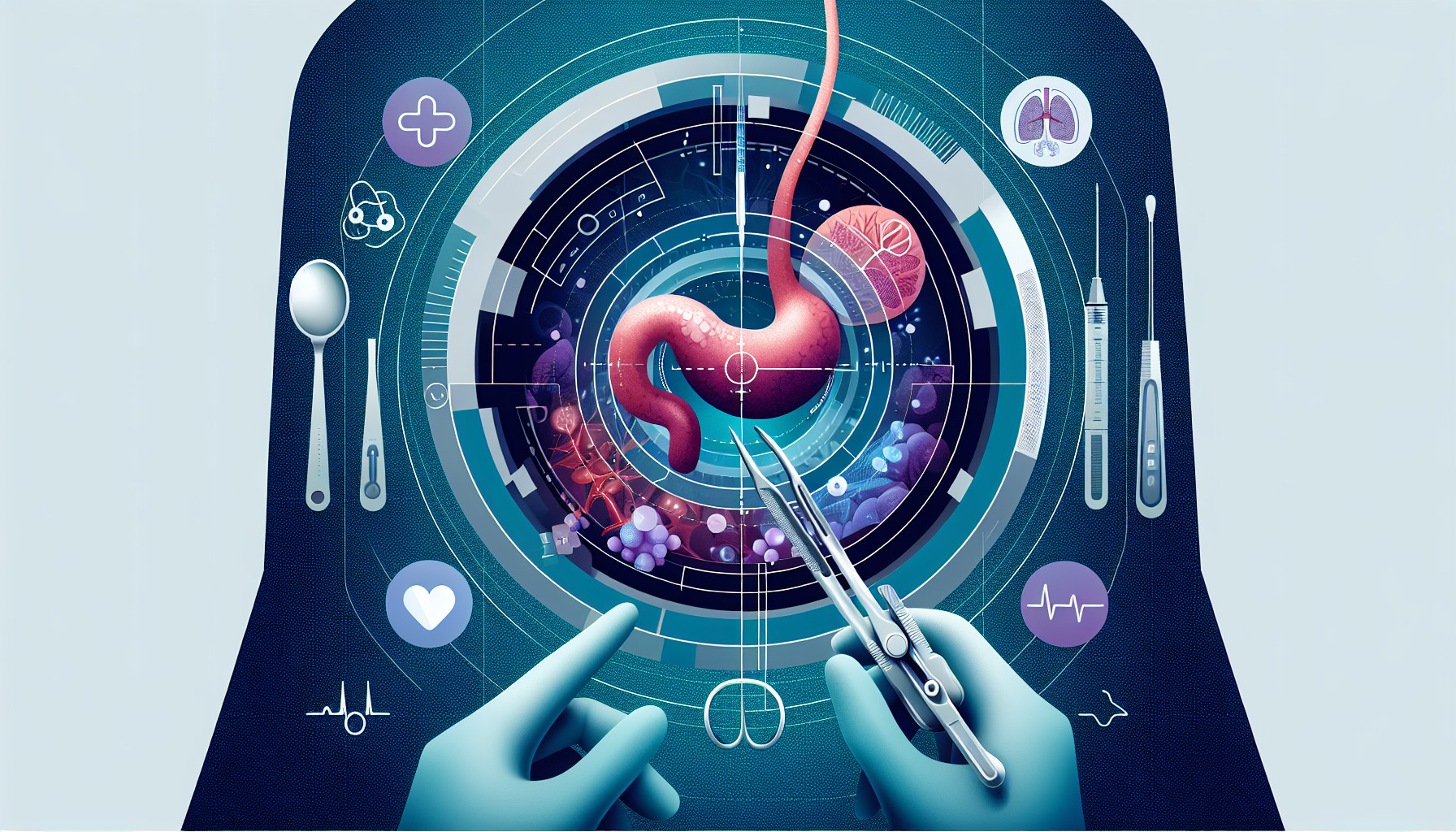Our Summary
The study investigates a condition known as biliary dyskinesia (BD), which affects the gallbladder and is often diagnosed when the patient experiences abdominal pain, but no physical blockage in the gallbladder can be found. The researchers wanted to see if a surgical procedure to remove the gallbladder (laparoscopic cholecystectomy) could help alleviate the symptoms.
To do this, they examined the medical records of adult patients who had undergone the procedure between 2012 and 2020. They left out anyone who had less than 80% gallbladder function or who had stones or sludge in their gallbladder. They collected information about the patients’ symptoms before and after the operation, as well as details about the operation itself and the state of the removed gallbladder.
The study included 98 patients, and 84 of them reported that their symptoms had either completely or partially improved after the operation. This included symptoms like back pain, stomach pain, nausea, pain in the upper right part of the abdomen, and vomiting. Almost 80% of the removed gallbladders showed signs of chronic inflammation and/or cholesterol deposits.
In conclusion, the study suggests that removing the gallbladder can help relieve the symptoms of BD. This research is significant because it involves the largest group of patients with BD to date.
FAQs
- What is the surgical procedure to remove the gallbladder called?
- What symptoms can be improved by this surgical procedure according to the study?
- What were the common conditions found in the removed gallbladders in this study?
Doctor’s Tip
One helpful tip a doctor might tell a patient about laparoscopic cholecystectomy is to follow post-operative instructions carefully, including taking prescribed pain medication, resting, and slowly reintroducing solid foods into their diet. It is important to listen to your body and avoid strenuous activities until fully healed. Additionally, attending follow-up appointments with your healthcare provider is crucial to monitor your recovery progress and address any concerns or symptoms that may arise.
Suitable For
Patients who are typically recommended for laparoscopic cholecystectomy include those with biliary dyskinesia who have not responded to conservative treatments, such as dietary modifications and medication. These patients may experience symptoms such as abdominal pain, nausea, vomiting, and back pain. Additionally, patients with gallstones, gallbladder inflammation, or other gallbladder conditions that cannot be managed with non-surgical treatments may also be recommended for laparoscopic cholecystectomy.
Timeline
Before laparoscopic cholecystectomy:
- Patient experiences symptoms such as abdominal pain, back pain, nausea, and vomiting.
- Patient undergoes diagnostic tests to determine the cause of the symptoms, including ultrasound and blood tests.
- Biliary dyskinesia (BD) is diagnosed when no physical blockage in the gallbladder is found.
- Patient is recommended for laparoscopic cholecystectomy as a potential treatment option.
After laparoscopic cholecystectomy:
- Patient undergoes the surgical procedure to remove the gallbladder.
- Patient may experience some pain and discomfort immediately following the surgery.
- Patient is discharged from the hospital within a few days and is advised to follow post-operative care instructions.
- Patient reports improvement in symptoms such as abdominal pain, back pain, nausea, and vomiting in the weeks and months following the surgery.
- Follow-up appointments are scheduled to monitor the patient’s recovery and ensure that symptoms continue to improve.
What to Ask Your Doctor
Some questions a patient should ask their doctor about laparoscopic cholecystectomy include:
- What are the risks and benefits of having a laparoscopic cholecystectomy for my condition?
- How long is the recovery time after the surgery?
- Will I need to make any changes to my diet or lifestyle after the procedure?
- What are the potential complications of the surgery?
- Will I need any follow-up appointments or tests after the surgery?
- How long will I need to stay in the hospital after the procedure?
- Are there any alternative treatments for my condition that I should consider?
- Will I need to take any medications after the surgery?
- What should I do if I experience any unusual symptoms after the surgery?
- How long will it take for me to resume my normal activities after the surgery?
Reference
Authors: Whitaker LF, Bosley ME, Refugia JM, Powell MS, McNatt SS, Westcott CJ, Koch KL, Bennett P, Rigdon J, Fernandez AZ. Journal: Am Surg. 2022 Aug;88(8):1983-1987. doi: 10.1177/00031348211023390. Epub 2021 May 28. PMID: 34049442
